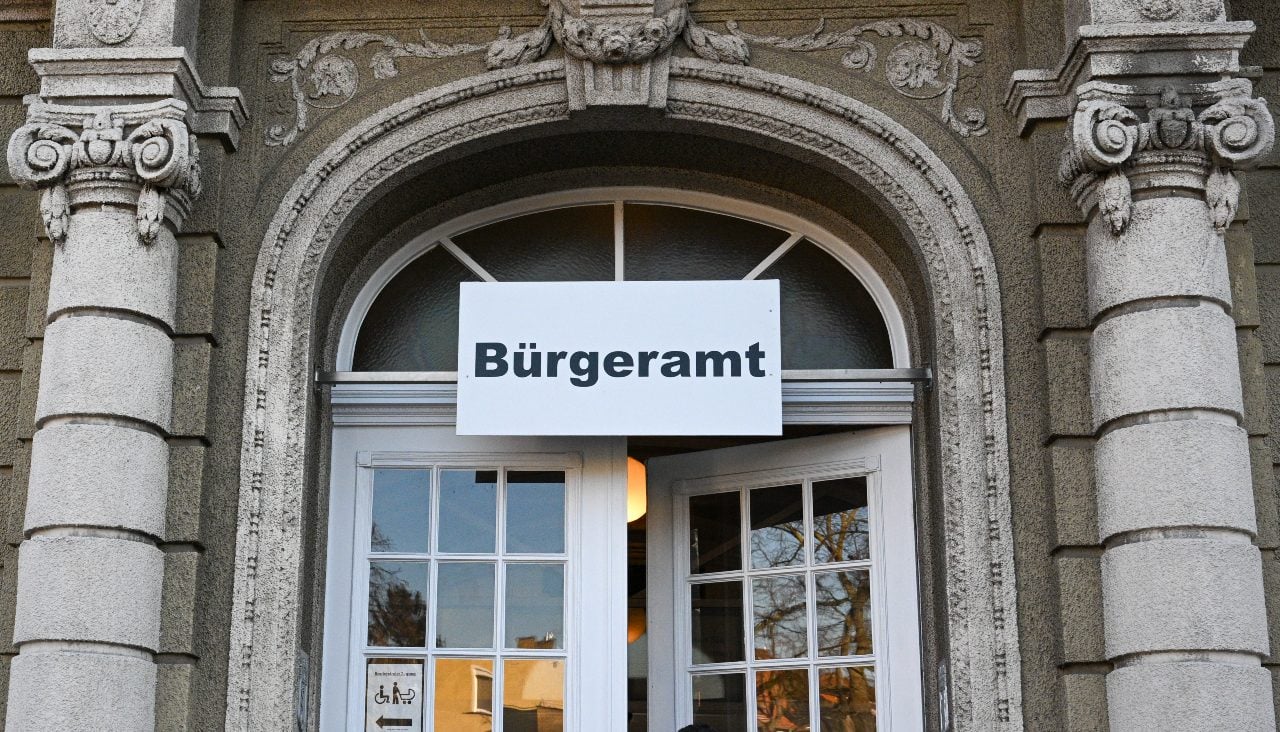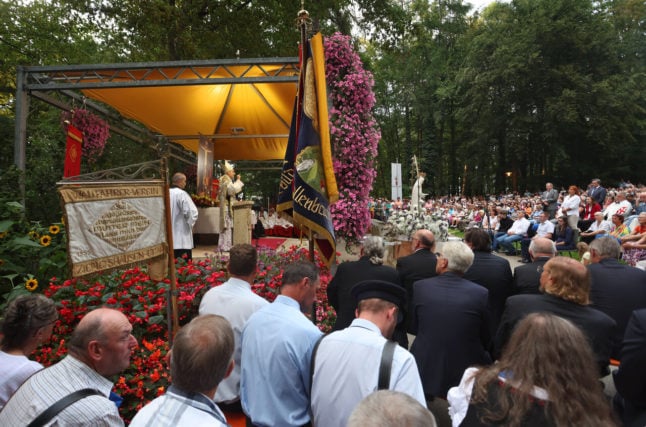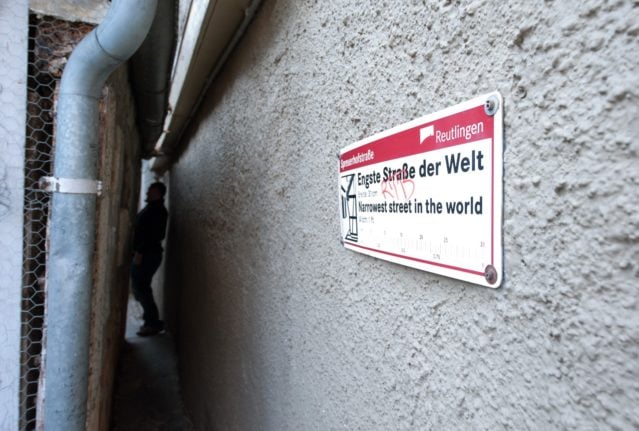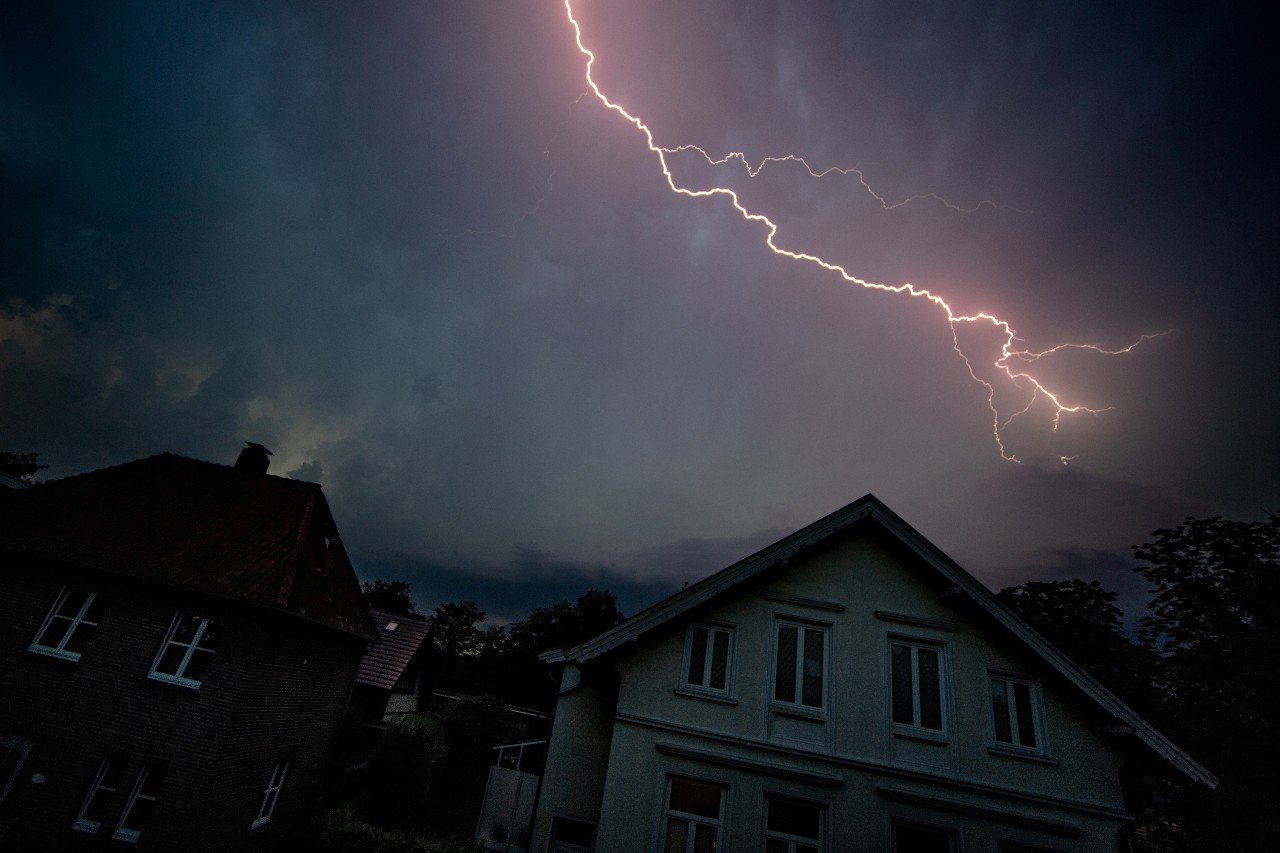Inside Germany is our weekly look at some of the news, talking points and gossip in Germany that you might not have heard about. It’s published each Saturday and members can receive it directly to their inbox by going to their newsletter preferences or adding their email to the sign-up box in this article.
Latest renting scam highlights Berlin housing crisis
Securing a flat with ‘Anmeldung’ – meaning you can register in it legally – in cities with tense housing situations like Berlin can be a mammoth task. And a new scam exploiting people who are struggling to find this shows how bad things have got.
We reported this week how online adverts are targeting Berlin subletters who already have a place to stay but still need a place to register. The ads are typically offering rates of around €100 a month for a fake landlord signature and a name on the mailbox. Local broadcaster rbb found that some people who had left Berlin but still kept their old rental contracts in the capital were taking part in the scam.
It means that some Berliners may be paying around €100 a month on top of their sublet just to get an additional ‘fake’ address to be able to get their Anmeldung. It’s an obligation to register after you move to Germany – and it’s needed for basic but essential tasks such as securing a residence permit, opening a bank account, getting a tax ID number or even signing a work contract.
According to tenants’ rights’ group Berlin Tenants’ Association the trend is worrying. But it’s easy to understand why someone would consider doing this. If people are only able to get a sublet ‘ohne Anmeldung’ (without registration), they may be desperate for this other address. Some people in Berlin also rely on their friends to let them register illegally at their address.
Now Berlin’s city government has floated the idea of offering financial incentives for people who de-register from Berlin and let go of their old rental contracts, with the hope that flats would be freed up. Local SPD politician Sven Heinemann has suggested a €100 bonus to do so – but it’s just an idea so far.
One thing is for sure – there are no easy answers to this rental crisis.
READ ALSO: Is renting a flat ‘without Anmeldung’ illegal in Germany?

Trend ‘turnaround’ on house prices
In other housing news, there are changes afoot on the property market.
According to research by the Kiel Institute for the World Economy (IfW), property prices in Germany rose in the months from April to June this year – after two years of declining prices.
Compared to the first quarter of the year, prices for apartments rose by 2.4 percent in the second quarter. Single-family homes cost two percent more. Meanwhile, prices for multi-family homes rose by 4.4 percent.
“The trend reversal on the property market has begun,” said IfW property expert Jonas Zdrzalek. “The great uncertainty of the past few years and months is clearly subsiding and the outlook for falling interest rates is stabilising the market.”
You can read more of our property stories from this week here:
- Germany seeing price ‘turnaround’ on property. market
- How much do you need to earn in Germany to buy a million euro home
- How Germany’s property prices are forecast to rise over next decade
Budget continues to plague coalition government
Just when we all thought the budget row had been put to rest in July, another crack has emerged. The coalition government is bickering yet again over next year’s spending plans.
Among the key focus for government spending over the next few years are greater security, societal cohesion, tax relief for residents and businesses, family support, ambitious climate action and greater economic growth.
But Finance Minister Christian Lindner says the financing needs to be renegotiated. He asked experts to examine the current framework for how to fund the plans – and they concluded that some points of action may be unconstitutional. According to Lindner, this means that a cool €5 billion may be missing.

You might think that the government would think about extending the infamous debt-brake (Schuldenbremse) – a self-imposed cap on annual borrowing, but that has been ruled out (Lindner put his foot down on that).
After last year’s catastrophic constitutional court ruling that threw Germany’s spending plans into disarray resulting in a €60 billion shortfall, you can see why politicians are keen to avoid any other potential budget disasters.
“I once agreed to a coalition compromise that was shaky and was rejected by (the constitutional court in) Karlsruhe. That won’t happen to me for a second time,” Lindner told broadcaster ZDF last week.
But where will they find the savings? Chancellor Olaf Scholz, of the SPD, will be hoping his holiday won’t be cut short to deal with the budget woes, but it’s looking likely.
Why is August 15th a public holiday in some German cities?
August is usually a quiet month in Germany when people take their holidays. But for a lucky number of people, there’s also a public holiday.
In Saarland and several parts of Bavaria, shops and businesses close their doors on August 15th to mark Mariä Himmelfahrt. This year it falls on a Thursday.
It’s an important date in the Catholic Church’s calendar – the Assumption of the Virgin, which commemorates the day the Virgin Mary entered heaven.
It has been a tradition for Christians to celebrate Mary’s ascension into heaven since the 7th century, though this was only enshrined into doctrine in the 1950s by Pope Pius XII. Since then, it has been a binding article of faith in the Catholic church.
Several other countries Europe that are mostly Catholic – including Spain, Croatia, Belgium and France – also celebrate the Assumption of Mary on August 15th.
In largely Protestant Germany, however, Mariä Himmelfahrt is only a public holiday in the areas with large Catholic populations. That means that major cities in Bavaria such as Munich, Augsburg, Würzburg, Regensburg and Ingolstadt have the day off on August 15th, but Franconian cities like Nuremberg, Fürth and Erlangen do not.




 Please whitelist us to continue reading.
Please whitelist us to continue reading.
Member comments